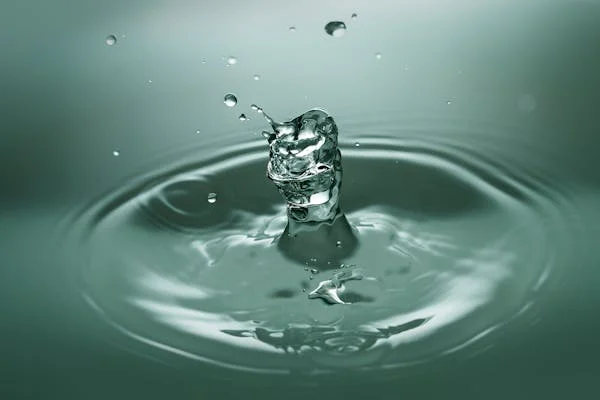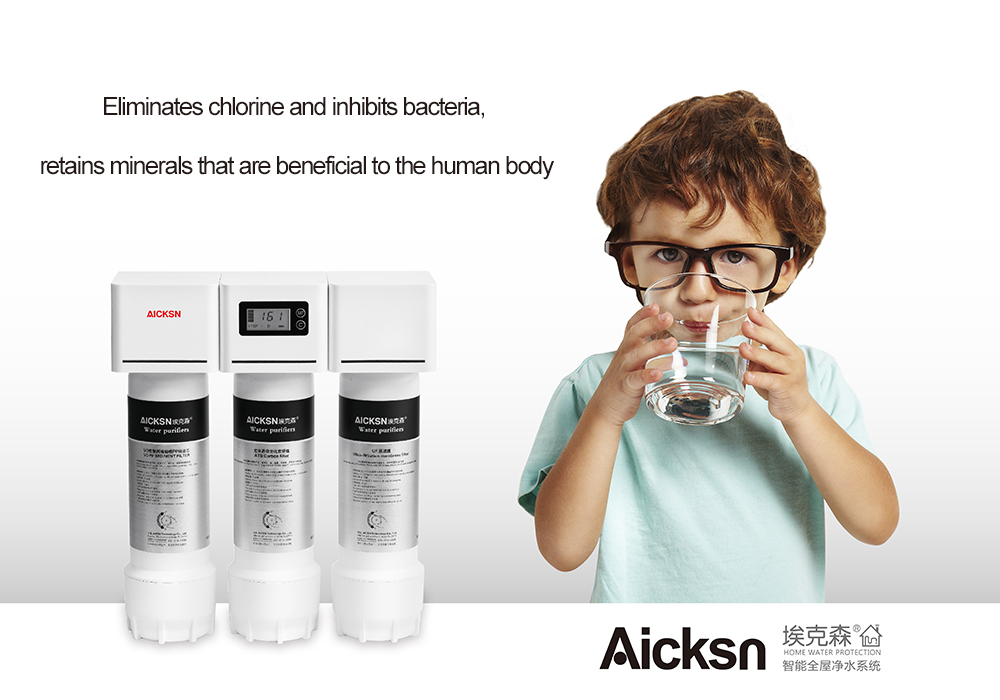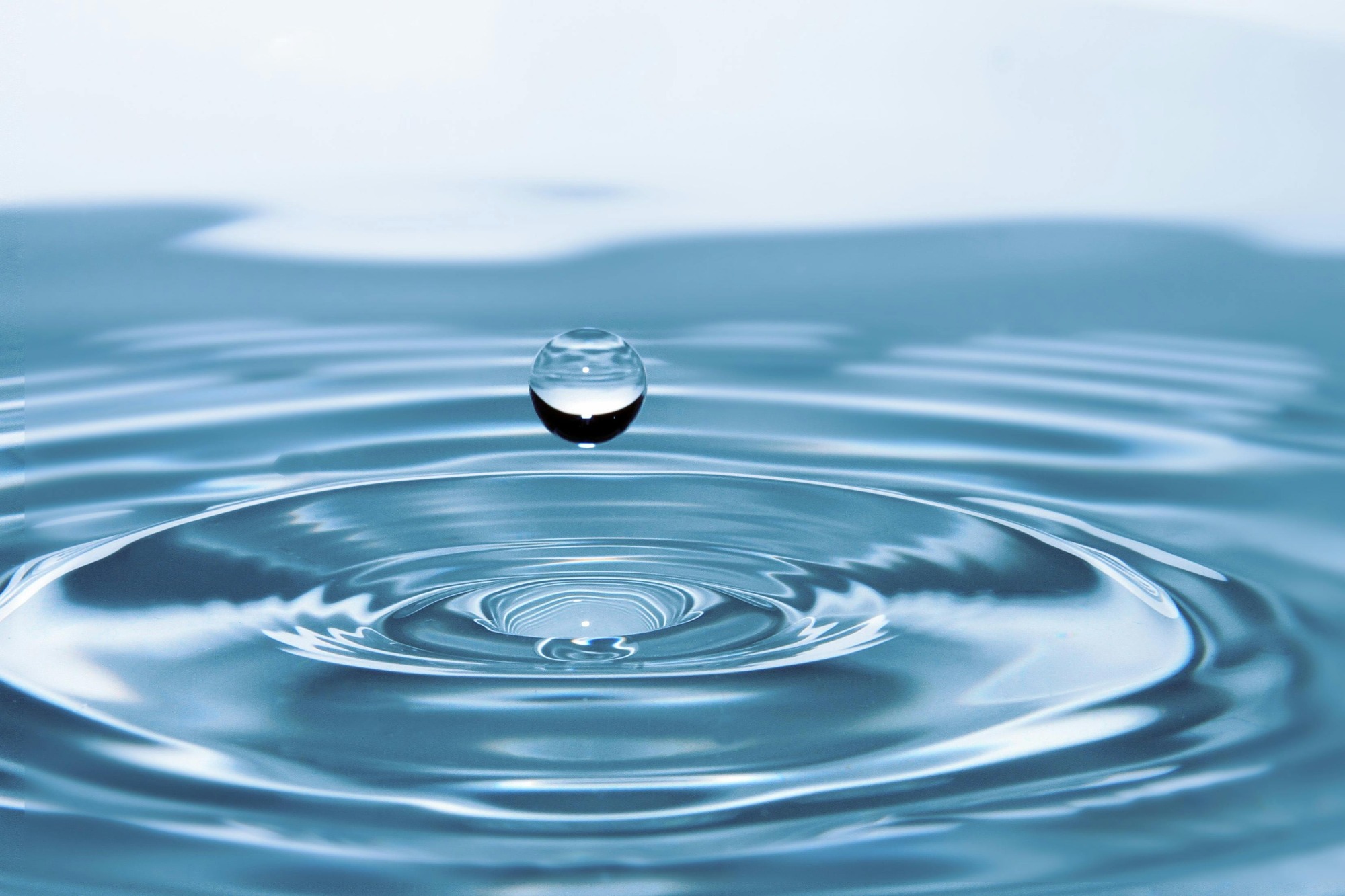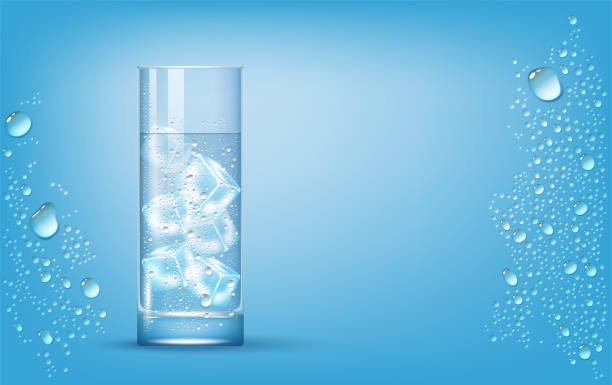 What problems will occur with reverse osmosis water treatment equipment when the pressure is too high?
What problems will occur with reverse osmosis water treatment equipment when the pressure is too high?
Jul .30.2024
Osmotic water treatment equipment is a commonly used equipment in the water treatment industry. It usually consists of three parts: raw water pretreatment system, reverse osmosis purification system, and ultra-purification post-treatment system.
It is mainly used to remove trace ions, organic matter and other impurities remaining in reverse osmosis pure water to meet the final water quality index requirements for different uses.
So what problems will occur with reverse osmosis water treatment equipment when the pressure is too high?
![[FAQ] Are faucet water purifiers useful?](/u_file/2407/photo/d83a4bb9c4.jpg) [FAQ] Are faucet water purifiers useful?
[FAQ] Are faucet water purifiers useful?
Jul .24.2024
Recently, the water purifier market has been popular, and various water purification equipment has been welcomed by families. At present, there is a tap water purifier on the market, which is said to have a good water purification effect and is cheaper than a direct drinking machine. Susan will analyze it for you below:

 What problems will occur with reverse osmosis water treatment equipment when the pressure is too high?
What problems will occur with reverse osmosis water treatment equipment when the pressure is too high?
 What do we need to pay attention to when we use water purifier for the first time, and for routine maintenance?
What do we need to pay attention to when we use water purifier for the first time, and for routine maintenance?
![[FAQ] Are faucet water purifiers useful?](/u_file/2407/photo/d83a4bb9c4.jpg) [FAQ] Are faucet water purifiers useful?
[FAQ] Are faucet water purifiers useful?
 Why does a reverse osmosis water purifier produce wastewater? Can wastewater not be discharged?
Why does a reverse osmosis water purifier produce wastewater? Can wastewater not be discharged?